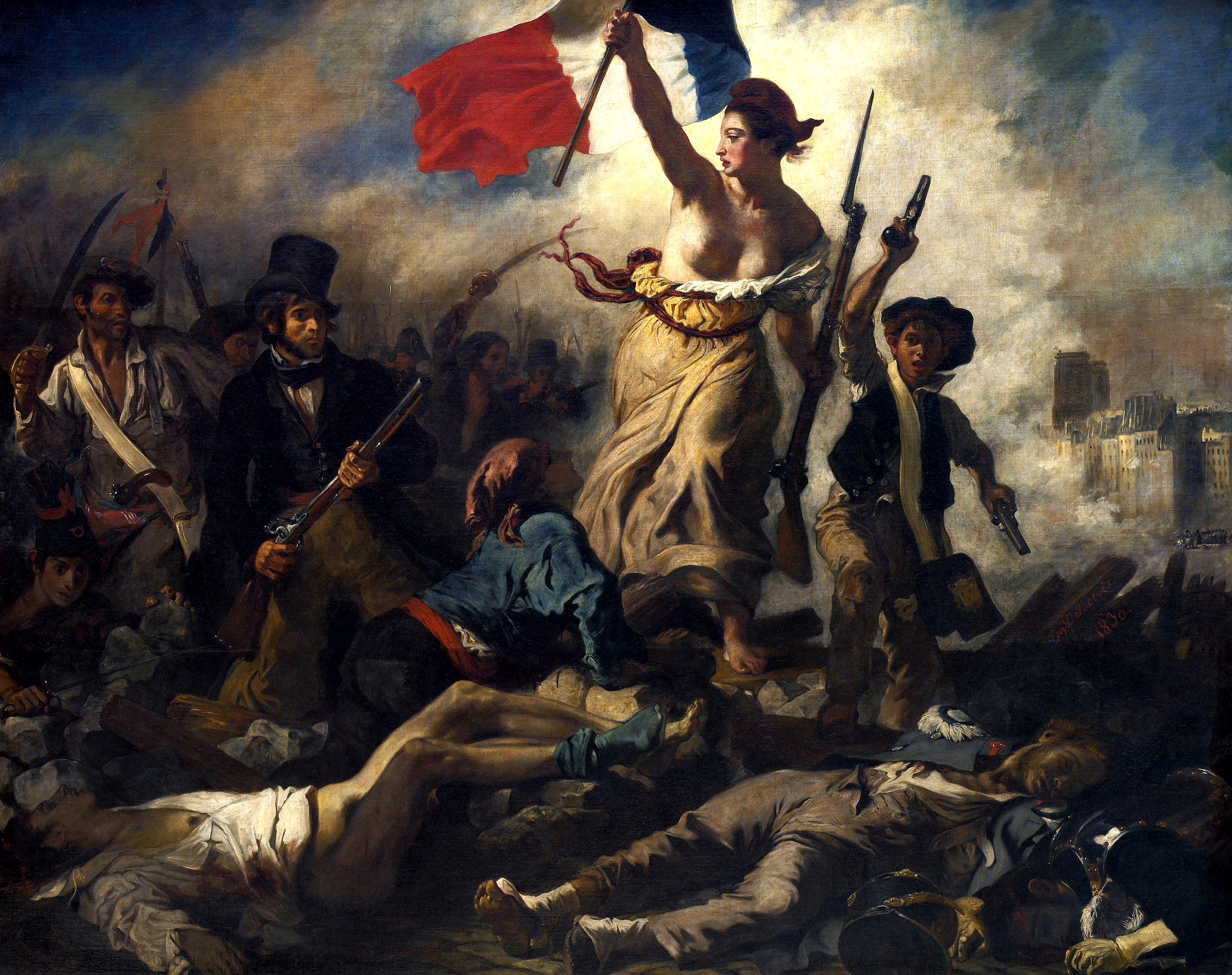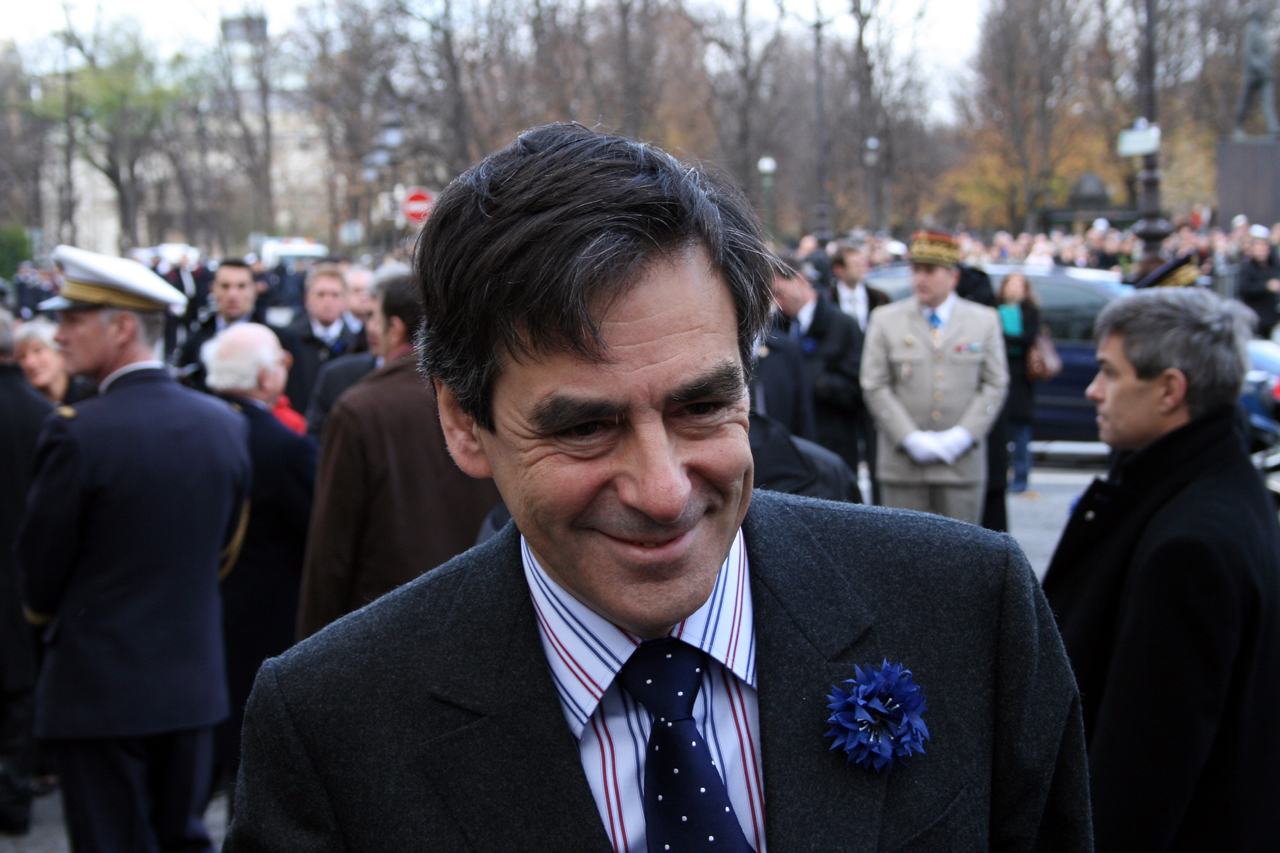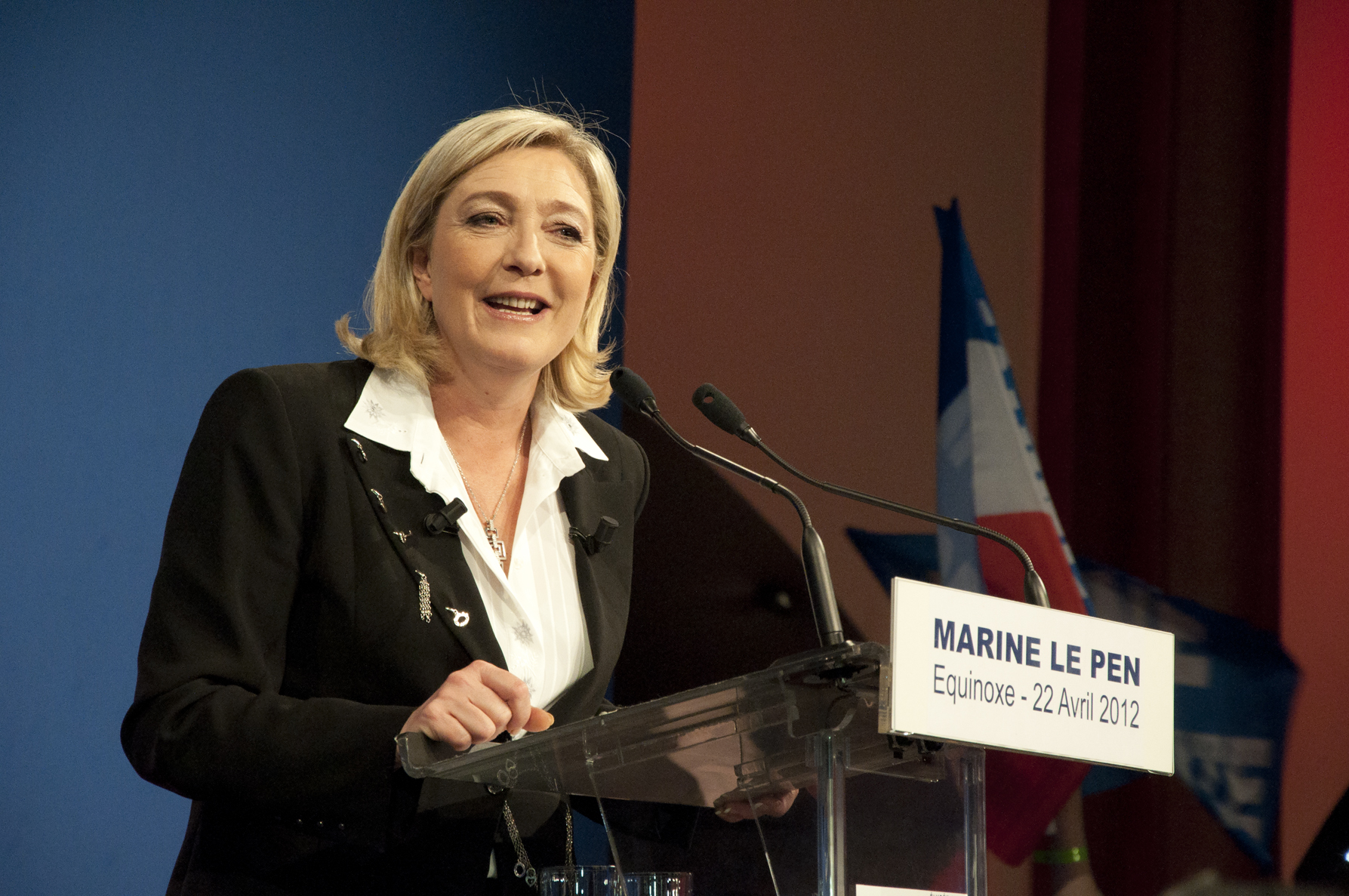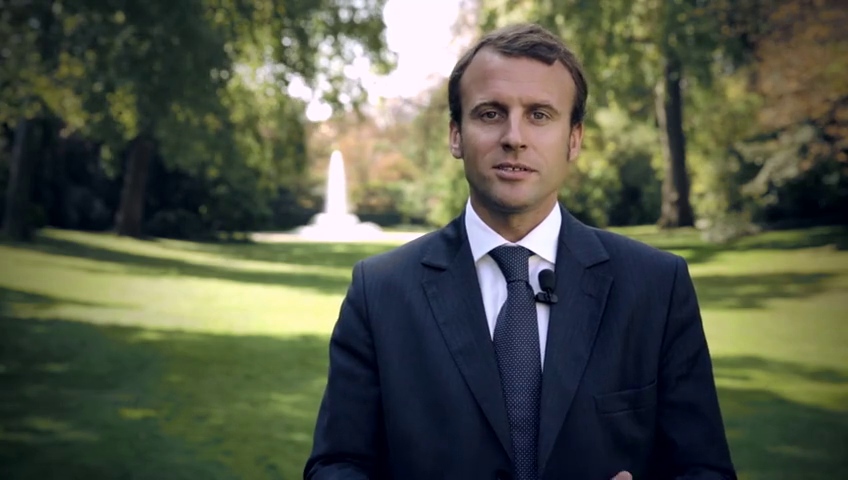An Eventful French Election

The campaigning process is where you get to know your candidates well, sometimes too well. In politics campaigning can be bittersweet for the candidates, all eyes are pointed at them at all times. This April and May, the French will vote to elect their new president. It has already been an eventful campaign; with ‘Les Republicains’ have been involved in a corruption scandal; extreme populist views from ‘Front National’; and the inexperience associated with the independent ‘En Marche’. The upcoming election is now looking more as though the French will be deciding their country’s future by a process of elimination, rather than through an election process. It is reminiscent of the recent American presidential elections where voters seemed to be voting for their least favorite candidate, rather than their candidate of choice.
When are the elections?
April, 23rd 2017: All appointed candidates compete against each other during the first round.
May, 7th 2017: The two top candidates compete against each other in the second and decisive round.
Who are the candidates?
The top three candidates in the French election are: Francois Fillon (Les Republicains), Marine Le Pen (Front National), and Emmanual Macron (En Marche).
Francois Fillon

Image credit: Wikimedia/Remi Jouan
Fillon was Prime Minister of France from 2007 to 2012 during Nicolas Sarkozy’s Presidential term. He studied law at Université Paris Descartes. He was elected to the French Parliament in 1981 where he continued to have a long political career. Since then he continued to have a long political career for almost forty years. The conservative candidate is often recognized for his catholic views and his family-oriented countryman image. He was the favorite candidate until his involvement in theallegedd misuse of federal funds for several high-paid fake parliament assistant jobs to his wife and children, better known as Penelopegate. Fillon's wife, Penelope, received around €500,000 in a period of eight years for her husband's parliamentary assistance. Fillon also paid his two children Marie and Charles €84,000 as parliamentary assistants from 2005-2007. It is not illegal in France to hire family members to help assist political figures with their positions, however Penelope Fillon admitted that she never effectuated such assistant position and had always preferred to take distance of his husband affairs, as reported by The Daily Telegraph.
Regardless of the open investigation that is being process under his name caused by the scandal, the candidate insists he will continue in his campaign despite the accusations. The leak has affected his popularity in his political career that reflects in his declining poll ratings.
Policies:
- He is pro-EU and has publicly criticized the UK’s decision to leave Europe.
- Fillon claims to stand for Christian Family values; identifies as a social conservative; and voted against same-sex marriage.
- He has called for an extension for the retirement age, as well as removing the thirty-five hour work week.
- He supports a business friendly platform. He wants to cut fifty-thousand public sector jobs to fund tax breaks for companies.
Marine Le Pen

Image credits: Flikr/Rémi Noyon
Marine Le Pen is the front candidate of France’s National Front (FN). She is the youngest daughter of Jean-Marie Le Pen, former leader of FN, who’s anti-Semitic comment’s last year raised eyebrows amongst many when he publicly referred to the Nazi gas chambers as "a detail of history." However, her father is not the only controversial one in the family. Her mother, Pierrette Le Pen, posed naked for the playboy magazine after divorcing Jean-Marie to bring shame on her ex-husband's political career. Le Pen has been an active member of the European Parliament since 2004. Marine Le Pen’s history in FN dates back to when she was thirteen and started attending party meetings with her father. She rapidly followed her father's footsteps and joined FN as a regional counselor in 1986, and later became the president of FN in 2011.
Le Pen is now facing her own scandal, which involves the misuse of funds from the European Union parliament. She allegedly created an assistant position for her bodyguard, that was never effectuated which is commonly known as another ‘fake job' scandal. Le Pen who denies the accusation is being summoned by the EU Parliament to pay back part of the money that was used for the 'fake job' position.
Even though Le Pen holds a strong position in the next elections, the future of the presidency is still not decided. Polls reveal that Le Pen will reach the first round, but it is unlikely for her to win the presidency. However, after American election’s speculations, some suspect that the 'Trump effect’ may apply to the French election.
Policies:
- Le Pen wants to lower taxes, but increase welfare for the middle class.
- One of her main focuses is to cut imigration by eighty per cent which equates to around ten-thousand people a year. She wants to make the process of French naturalization more difficult for non-citizens and deport all illegal immigrants as well as ban protests supporting them. In addition she wants to deny access to basic healthcare for illegal migrants.
- Le Pen a supporter of Brexit and follows the ideals of the radical reform of the European Union. She openly said that if she gets elected, France would be leaving the EU through ‘Frexit’ within the first six months of her mandate.
- Most recently her campaign team have suggested implementing a similar Muslim travel ban in France; following the idea of American President Donald Trump.
Emmanuel Macron

Image credit: Wikimedia/Gouvernement Français
Emmanuel Macron is a former banker at Rothschild & Cie Banque. He was a total stranger to the political world until he joined the Socialist Party (PS) in 2006. Macron started his political experience as François Hollande’s advisor on economic reform. In 2016, he vacated this role to start a new party called “En Marche” (On the move). He announced his postulation to run as an independent in November 2016. En Marche promises a democratic reform against an archaic political system and does not follow the classical right vs left approach. The party aims to build a new political program that includes all members of society in an effort to deliver results to all citizens.
Macron is one of the leading candidates in the next election, with a great chance to make it to the final round of the election in May. . His lack of experience has divided opinion with some seeing it as a great strength and to others as a great weakness.
Policies:
- Macron wants to implement a “Buy European Act’, which would limit contract companies to make business with a minimum of half their operations in Europe.
- He wants to reform taxes by lowering corporate income tax and eliminating the local tax poll for four-fifths of the household.
- He promises to hire at least ten-thousand more policemen, as well as creating an anti-terrorism intelligence unit.
- Macron supports the open-door policy towards immigrants and refugees, he believes that it will have a positive impact on the European economy and society.





